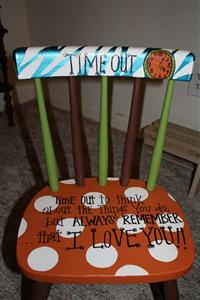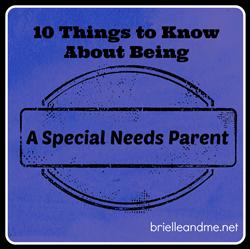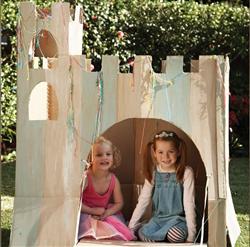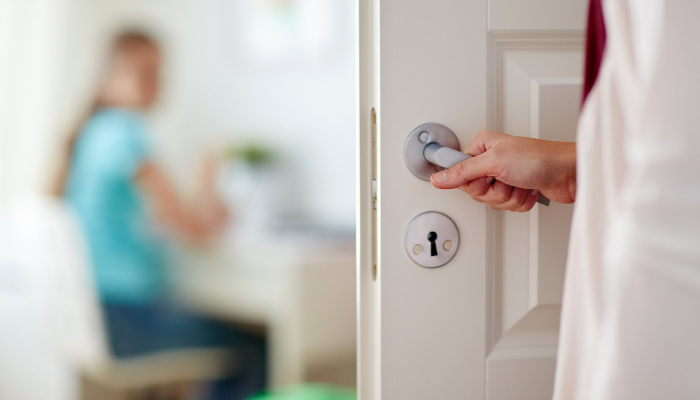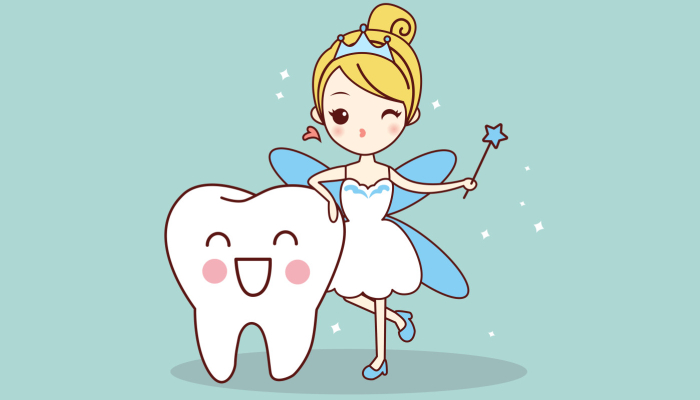Guidance and Discipline
By TMoM Team Member Shannon Burghart
I thought as an early childhood educator I’d be great at guidance and discipline with my own kids. I’ve taught the course at 3 different Universities for heaven’s sake, it should be easy with my kids, right? Nope! Disciplining your kids is hard because your emotions are tied to it. Your kids know just how to push those buttons! But through my few short years of parenting, I’ve learned that the more I can take my emotions out and use my skills, training, and reasoning, the better I and my children fair. So, I’ll share a little bit of what I’ve learned and hope you’ll share some of your own ideas as well.
First, our house rules are really simple so that everyone can remember them…
~You can’t hurt yourself.
~You can’t hurt others.
~You can’t hurt stuff.
Second, I try to remember that while my short terms goals for disciplining my kids may be to keep those rules (and my sanity ;), it’s the long term goal that is important. My long term goal for guidance is to assist my children in becoming responsible adults by nurturing their mastery of self control and self discipline so that they may ultimately become productive, happy members of society. That’s a mouthful that really boils down to wanting my kids to grow up to be good people who are able to make good decisions on their own!
So, if that is my goal am I going to accomplish it by yelling, spanking, timeout and all of the other negative means of punishment that come to mind so quickly in the heat of the moment? Probably not. Those accomplish the short term goal, but may not be the best at helping children learn problem solving skills, communication skills, and self control. These skills are all learned best through more positive means of guidance and discipline.
My favorite types of positive guidance are active listening/active problem solving and natural/logical consequences.
Active Listening is a form of attentive listening where you try to understand the reason the child behaved the way s/he did. Active problem solving takes that a step further to then help him/her find a solution to the problem. So often we as adults jump right in and punish the inappropriate behavior or just tell kids what they should have done without really understanding what they were thinking. What kids get from this is a feeling of weakness and lack of control which often leads to temper tantrums or hiding inappropriate behavior. However, if we take the time to let them speak and really hear them, almost parrot back to them what they’re saying, they learn that they will be heard. They learn that they have some control in their lives and that in this world if they make a mistake, you’ll help them understand it and find ways to fix it. It takes a long time and is not easy, but it helps your children learn problem solving and communication skills.
Natural and logical consequences take the parent away from the role of “bad guy” and let children learn real honest lessons that make sense as a result of their own actions. For instance, instead of fighting over eating lunch, I serve a healthy lunch, if my children choose not to eat, then the natural consequence of that is they will be hungry before snack time. If my child does not want to wear a coat out when it’s cold, the natural consequence is he’ll get cold. I don’t spend time arguing over things that do not ultimately affect their long term health when they can learn this lesson on their own and learn to make their own decisions.
In terms of things that don’t work so well for natural consequences, you can use logical consequences, if you don’t take care of your things (remember house rule #3), I will give them to someone who will. See, these methods do not mean my children run the house, it just means that guidance and discipline makes sense and that they understand what’s happening. They are given as much control as is possible so that they ultimately learn self control.
If all else fails get creative and be silly. This will help get the hard emotions out of the way so that you can have a more calm and rational discussion, even with really little kids. My favorite, although my kids least favorite thing to do, is to start singing everything! Really, I can’t be mad if I’m singing; and my kids know I won’t stop until they stop whining, yelling, or whatever it is they shouldn’t be doing, so they stop and we can have a civil discussion if necessary!
Finally, don’t be afraid to make mistakes and say you’re sorry. It’s a great lesson for kids to learn that we all make mistakes and that’s ok –it’s how we handle the mistakes that matters!
Do you have additional ideas? Please share them below. Remember we are filtering comments so it may take a moment for your comment to appear.
*Picture found on Pinterest

